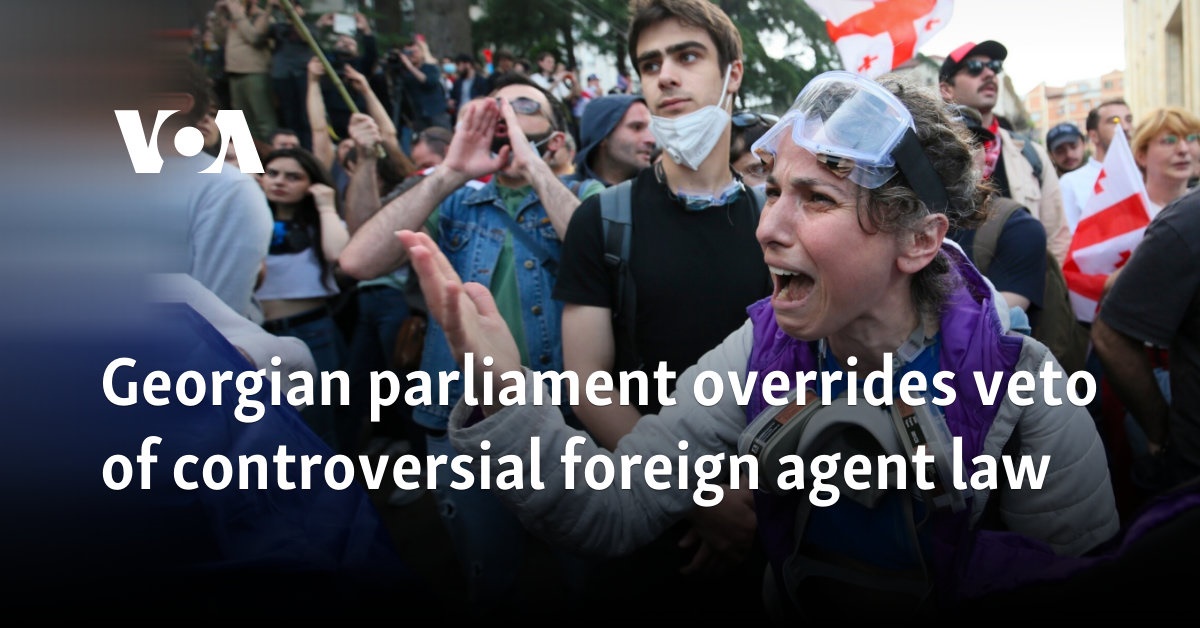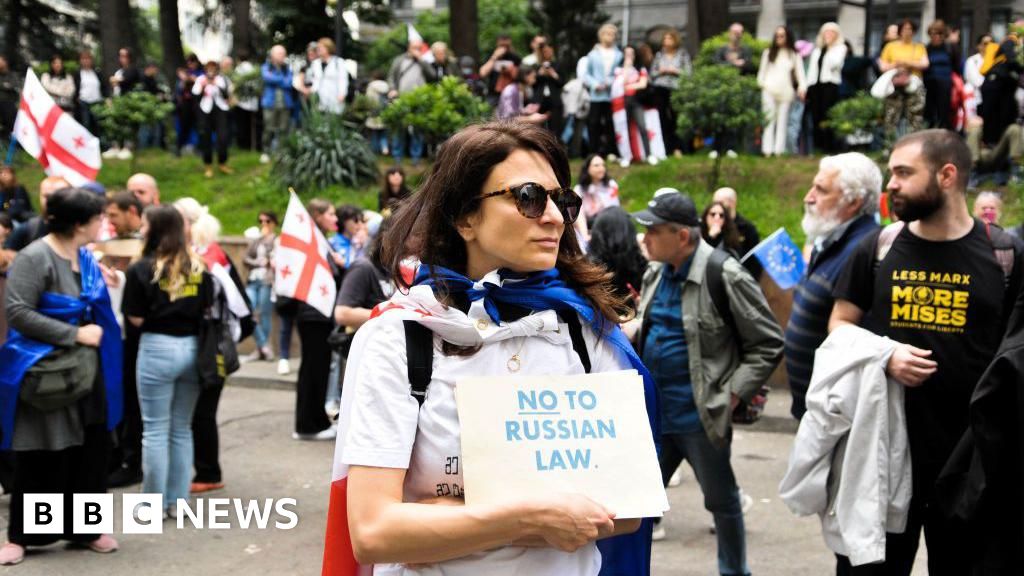
Georgia's parliament overrode a presidential veto on May 28, 2024, to pass a controversial foreign agents law. The legislation requires media outlets, nonprofits, and other nongovernmental organizations in Georgia that receive more than 20% of their funding from abroad to register as 'pursuing the interests of a foreign power' or face fines. Critics argue that the law is similar to Russia's foreign agent legislation and could be used to suppress civil society and independent media in Georgia.
The Georgian Dream party, which controls parliament, has defended the law as necessary for transparency and national security. However, opponents claim it is an attempt to silence dissent ahead of October 2024's parliamentary elections.
President Salome Zourabichvili vetoed the bill on May 18, stating that it goes against Georgia's European path. The European Union and the United States have expressed concern about the law and its potential impact on Georgia's accession to the EU.
Protests against the foreign agents law have been ongoing for several weeks, with demonstrators gathering outside parliament amid heavy police presence. Dozens of opponents have reported being beaten up or intimidated.
The Georgian government argues that the law will ensure transparency and protect Georgia from foreign interference. However, critics maintain that it is an attempt to stifle dissent and undermine democracy in the country.
Former Georgian ambassador to the United States, David Sikharulidze, has compared the foreign agent law to Putin's tactics and criticized it for contradicting Georgia's constitution and European standards.
The passage of the foreign agents law raises questions about Georgia's future direction between Moscow and Western Europe.



